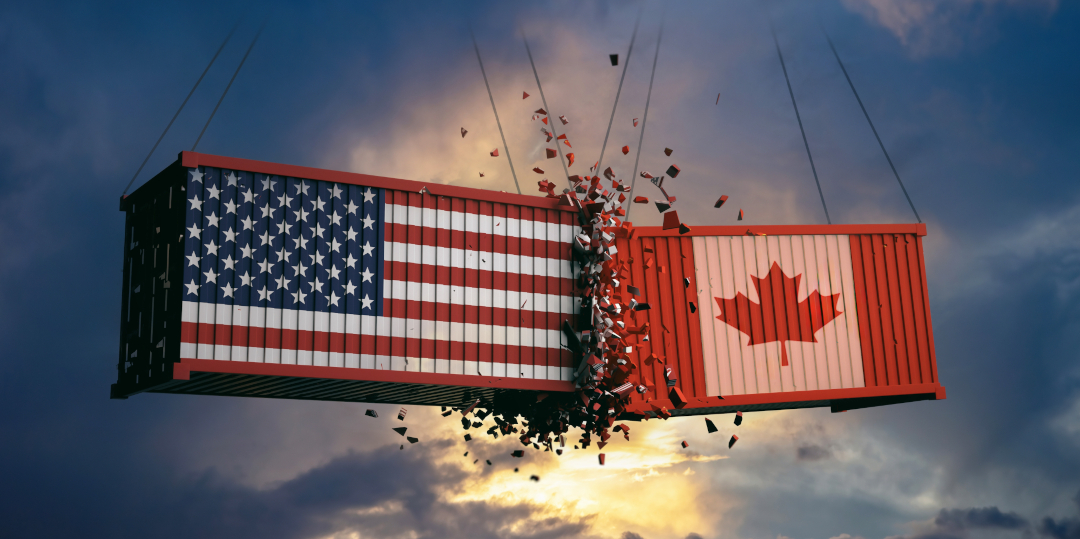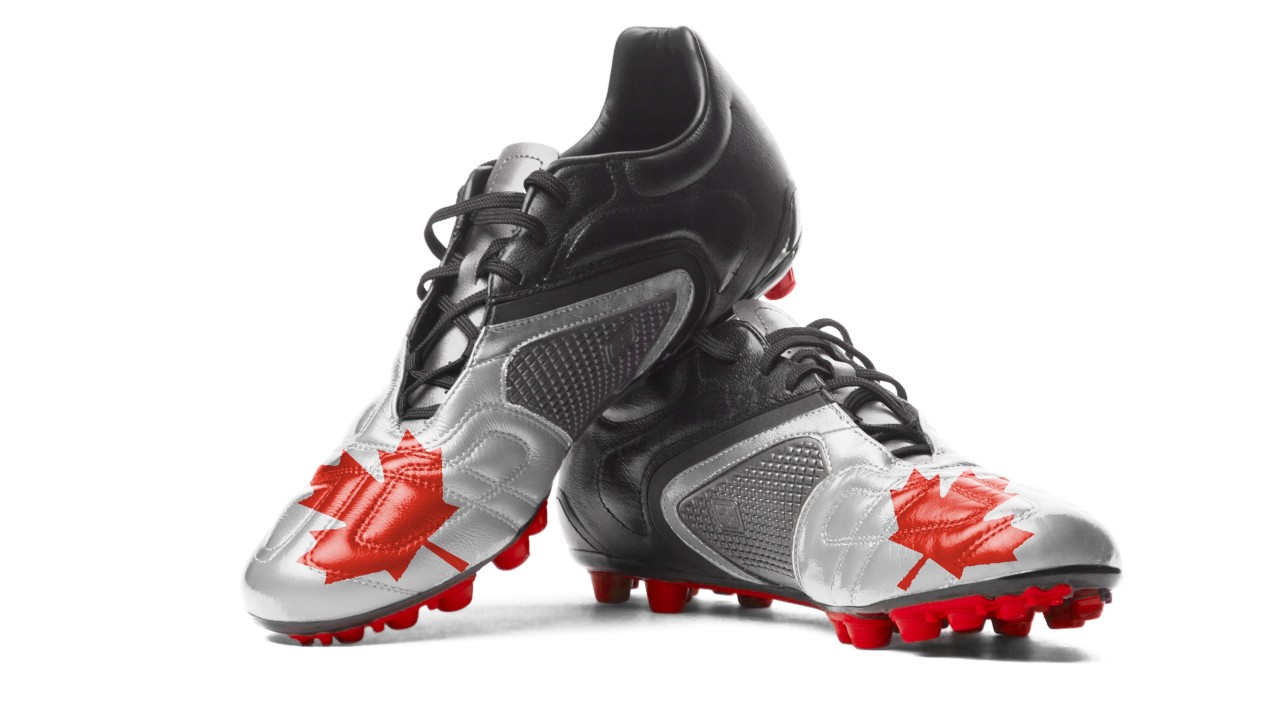Five Key Things To Watch Out For In Canadian Amateur Sport In 2024: #5 The Continued Rise Of Women In Sport


Women are starting to genuinely move into sport at all levels and in all capacities and thank God for it! For too long, women in sport was given the same treatment as the inclusivity issue at large. ‘That’s nice, but we don’t know what you’re talking about. Anyone can join our sport they want'. Being ‘allowed' to join is, of course, not the same as being welcomed and made to feel the same as everyone else. And for too long in sport, women and girls genuinely haven't.
Here's an example to show what I mean.
I remember watching a coach education session at a large soccer club a number of years ago. There were about 80 coaches in the room. Two were young women - students or of student age. The rest were predominately middle-aged men in poorly-fitting tracksuits, some sporting spectacular Johan Cruyff style 1980s haircuts. The coach development manager was essentially coaching men's soccer to the room. He was oblivious to the women in the room, as were the other male coaches. Now, technically the two female coaches were allowed to participate; they weren't physically blocked from entering the room. But how welcome do you think they felt? To what degree do you think they were leaving the session and running to their other female student friends to get involved?
Inclusion isn't about ‘allowing' groups to participate. It's about showing that their participation is valued and welcomed without prejudice.
The fact is this. We’ve only really started taking women in sport seriously (in my opinion) over the last five years or so (at best). And, thanks to some brave and courageous policy set by some sport leaders and fierce advocacy from some iconic female athletes (past and present), the phenomenon of women in sport is finally starting to become the norm.
Need an example? Take Ontario Soccer’s youth advanced development program, the OPDL.
The OPDL (Ontario Player Development League) was launched in 2014 and basically set standards for clubs to train high potential athletes from aged 13 to 18. It wasn’t rocket science, but it made things like certain levels of coaching qualification, periodized training curricula and competition standards a mandatory requirement, rather than an optional choice for clubs.
Within the standards for the OPDL was a quota requirement for female coaching on OPDL clubs’ coaching staffs. The policy was met with skepticism and plenty of gnashing of teeth at the time. But in the eight years that followed, female coach incidence in the OPDL went from 12.8% in 2014 to 38.6% in 2022 – a three-fold increase.
Whether or not this huge increase was directly due to the quota imposed or driven by other factors isn’t clear. But at the end of the day, who cares. Young aspiring female coaches who feel they would like to one day coach in the OPDL now see lots of women already there, which makes it achievable and ‘normal’.
Don’t get me wrong. There is still a long way to go, particularly in some sports (not to be named). But there’s no doubt, women are getting more and more comfortable with the idea that sport is not only a place they belong, but a place where they can lead. And if that’s upsetting a few chauvinistic men along the way, well, that's surely a sign of success.
As I work with hundreds of amateur sport organizations in Canada and overseas, I see more and more dynamic, well-qualified, forward-thinking, innovative and collaborative-minded women moving in positions of technical and administrative leadership. And they're excelling.
The fact is, women are great sport leaders because they communicate well, are team players, make careful informed decisions and generally don’t let egos get in the way of doing the right thing. Their rise to prominence is probably the single most important and significant development in Canadian sport in recent times, and we still aren’t nearly there in terms of where we should be.
Watch for more women to move into important positions of leadership through 2024, and those who are already there to strengthen. I’m also hopeful for young women in sport to feel comfortable being ambitious. To challenge conventions, rules and stereotypes that are geared (perhaps unintentionally) to male sport.
As this transpires through 2024, get behind it. Sport is so much better with women participating and leading in it. And what makes it happen isn’t just clunky policy and fancy marketing at a high level. It’s the decisions that are made day-to-day at the coalface of amateur sport, in the community, in your local club. Embrace it and celebrate it. Women are here to stay in amateur sport and it’s about time!
-----------------------------------------------------------------------------
Paul Varian is the President of Capitis Consulting Inc., a boutique management consultancy focused on adding value in and around the amateur sport Boardroom, author of Amazon #1 Best Selling Soccer Management Book ‘Don’t Blame The Soccer Parents’, and host of amateur soccer management podcast The Regista Room. Subscribe at www.capitislearning.com and get access to all Paul's articles and e-tutorials, plus receive weekly free tips on running your amateur sport organization!
Subscribe to Capitis Learning
Subscribe today to keep up to date!







